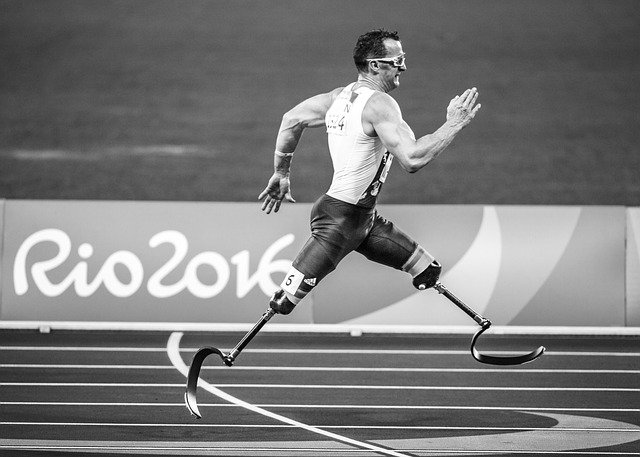Sports are not just about physical fitness; they also offer profound psychological advantages. Engaging in regular athletic activity can improve mental health, boost confidence, and foster personal growth. Let’s explore the key psychological benefits of playing sports.
1. Stress Reduction
Physical activity triggers the release of endorphins, often referred to as the body’s “feel-good” hormones. These chemicals:
- Help alleviate stress.
- Promote relaxation.
- Improve overall mood.
2. Enhanced Self-Confidence
Achieving milestones in sports, such as mastering a skill or winning a game, can:
- Boost self-esteem.
- Instill a sense of accomplishment.
- Encourage a positive self-image.
3. Improved Cognitive Function
Sports enhance brain function by:
- Improving focus and concentration.
- Boosting memory through strategic thinking and decision-making.
- Encouraging problem-solving and adaptability during gameplay.
4. Social Interaction and Teamwork
Team sports foster a sense of community and collaboration:
- Build strong interpersonal relationships.
- Teach effective communication skills.
- Develop empathy and the ability to work cohesively with others.
5. Resilience and Discipline
Participating in sports teaches valuable life skills:
- Resilience in facing challenges and setbacks.
- Discipline in maintaining training schedules and adhering to rules.
- Perseverance in pursuing long-term goals.
6. Reduced Symptoms of Anxiety and Depression
Studies show that regular sports participation can:
- Decrease feelings of anxiety.
- Mitigate symptoms of depression.
- Provide a healthy outlet for managing emotions.
7. Better Sleep Quality
Engaging in physical activities helps regulate sleep patterns by:
- Reducing insomnia.
- Promoting deeper, more restorative sleep cycles.
8. Sense of Achievement and Purpose
Sports provide individuals with goals to strive for:
- Whether it’s improving performance or winning a championship, having clear objectives fosters a sense of purpose.
- Achievements in sports often translate to confidence in other areas of life.
9. Encouragement of Positive Habits
Athletes are more likely to adopt healthy routines:
- Balanced nutrition.
- Regular exercise habits.
- Avoidance of harmful substances like tobacco and excessive alcohol.
10. Connection to a Broader Community
Sports create a platform to connect with like-minded individuals and:
- Foster a sense of belonging.
- Provide opportunities for mentorship and leadership.
- Strengthen cultural and community ties.
Conclusion
The psychological benefits of playing sports extend far beyond the game itself. From building resilience to fostering connections, sports have a transformative impact on mental health and personal development. Whether you’re playing competitively or recreationally, the rewards of participation are immense.
